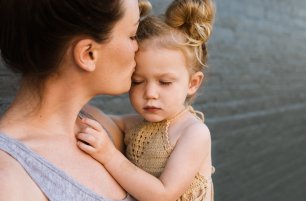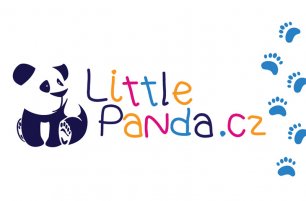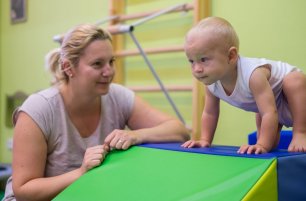PEACE EDUCATION
It is no secret that Dr. Maria Montessori is known for her strong advocacy of peace education and how it relates to an essential yet often “invisible” component of the Montessori Method – Grace and Courtesy. Her vision to help all children to feel safe and cared for while preparing them for adulthood is the very foundation of Peace Education in every Montessori classroom, aimed to help cultivate empathy and kindness.
What is Peace Education, you may wonder?
Peace Education is the process of acquiring values and knowledge and developing the attitudes, skills, and behaviors to live in harmony with oneself, others and the environment.
How we do that is by presenting and modeling Grace and Courtesy from the moment children walk into our classroom. We provide lessons such as walking around the rug, how we greet someone, how and when we use “excuse me” and “thank you”, how to observe others working, how to ask help from a teacher or a friend, and the list goes on.
In many Montessori classrooms, there is either a dedicated space or table, at which children can retreat to, to be in touch with their inner guides and be at peace or to utilize the space to resolve a conflict with the given tools and activities.
Some of the tools that could benefit a child’s learning process are the Peace Rose (or any Peace object) and the emotions chart to help children to identify the emotions they are feeling and how they can address them. The Peace Rose is used when two or more children are having a conflict. Children learn to take turns holding the Peace Rose while speaking and sharing how they feel. When a child has finished their turn to speak, they pass the Peace Rose to the next friend, and it is now the other friend’s turn to speak. The Peace Rose helps children to focus on listening, and to wait for their turn to speak in order to achieve a balanced conflict resolution. The Peace Rose acts as a concrete visual aid and with many younger children, the adults in the environment usually help to model and coach the children with words they can use.

How can adults continue with Peace Education at home?
Peace, including Grace and Courtesy, truly stems from home. Here are some ideas for you to incorporate Peace Education at home:
-
Modeling instead of correcting: Children have such absorbent minds that they soak up everything from their day-to-day environment including replicating adult behavior and interaction. Modeling kindness and showing empathy will help them to respond the same way. In short, if you show compassion and understanding in your conversations, your child will most likely do the same. Try to refrain from speaking ill about people you know or arguing with your family members in front of your child.
-
Reading about peace: There are many books out there that do a wonderful job in explaining about peace and emotions to children. Keeping your tone and manner positive as well as using a quiet voice while reading the books will help children further understand concepts of peace.
-
Creating a peaceful area at home: Creating a space for your child to retreat to could benefit both you and your child. Instead of a “time-out”, your child can choose to go to this area to be in touch with their inner selves and recalibrate their thoughts and feelings.
-
Respect and care for animals and the environment: Children usually have an inherent gift to love and respect animals and the environment. If you can adopt a pet, it could benefit your child enormously as it encourages frequent interaction and responsibilities in taking care of another living thing. Otherwise, spending some time at animal shelters, volunteering at homes, planting, or gardening can go a long way to give your child a chance to practice compassion.
-
Spark conversation about Peace: Lastly and back to basics, open up a conversation about peace and talk about it from time to time. Ask your child what it means to them and share with them what peace means to you. This will not only bring you closer together as a family but could help strengthen your bond and trust with each other in the long term, especially when it comes to resolving conflict.
By Caryn Khoo, Primary Teacher Intern
Want to learn more? Read our next article:




